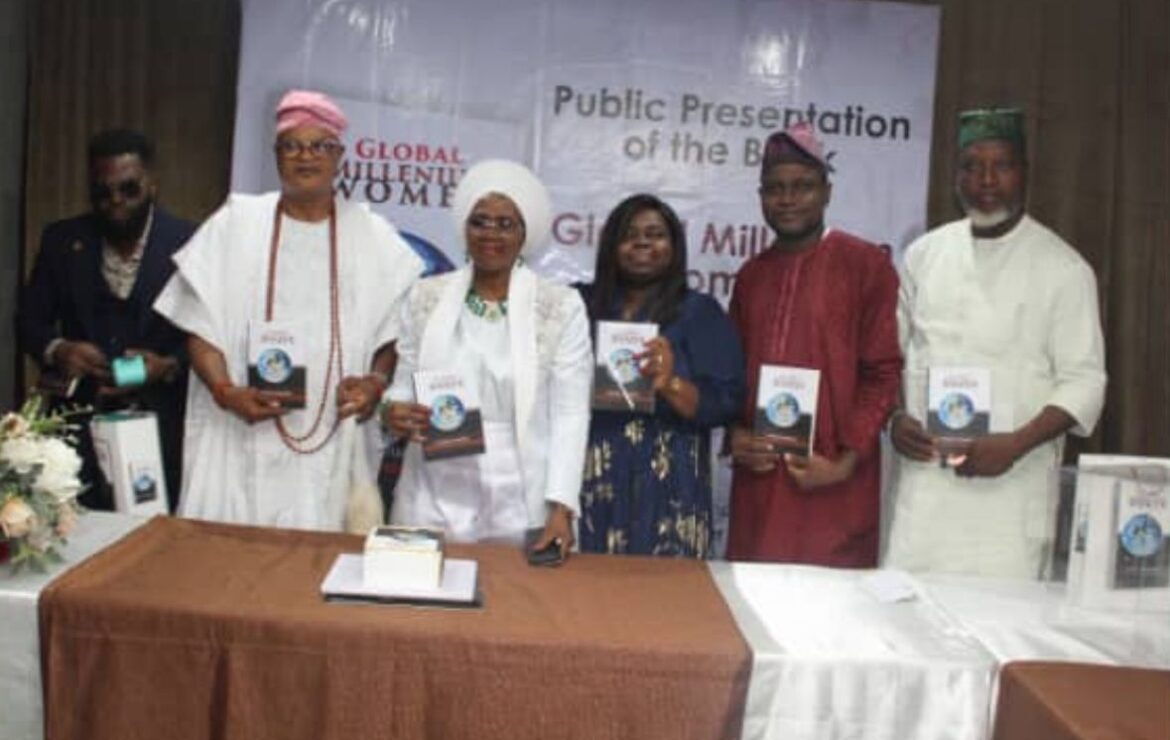Stakeholders urges Parents, Teachers to Prioritise Girl-child Education in Nigeria

Stakeholders urges Parents, Teachers to Prioritise Girl-child Education in Nigeria
Government at all levels, community leaders, religious institutions, and parents have been urged to place greater emphasis on the education of the girl-child and instil in her values that foster responsible womanhood.
The call was made by Dr. Oludare Ogunyombo, a lecturer at Olabisi Onabanjo University, Ago-Iwoye, Ogun State, during the launch of a book titled Global Millennium Women, authored by Dr. Abimbola Olumegbon, in Lagos.
Speaking at the event, Ogunyombo stressed the importance of raising awareness about the potential of young girls and the need to nurture them into impactful women.
“The book presents a personal narrative that reflects the author’s vision of what it means to nurture and develop girls through adolescence into impactful women,” Ogunyombo said.
Author of the book, Dr. Olumegbon, explained that her work was inspired by the need to encourage women to support and uplift one another. She described the publication as both educational and historical, underscoring the importance of mentorship among women.
“The aim of this book is to encourage women to support and uplift one another,” Olumegbon said.
“While striving for empowerment, women should maintain respect for their husbands and those around them. There has to be a balance between personal growth and relational harmony.”
Also speaking at the event, Hansatu Adegbite, who represented the UN Women Country Representative to Nigeria and ECOWAS, drew attention to the plight of women in the care economy, particularly stay-at-home mothers.
“We are looking at how to help women in the care economy, that is, women who have been stay-at-home moms. They don’t earn anything. We recognise that there is a cost to their being at home,” Adegbite said.
She further highlighted ongoing efforts to empower women economically through increased access to procurement opportunities.
“We are also looking at affirmative procurement, getting more women in procurement because it’s a trillion-naira industry, so that they can be empowered that way,” she added.
The book launch drew academics, gender advocates, and community leaders, all of whom underscored the urgent need for more inclusive approaches to women’s development and empowerment






